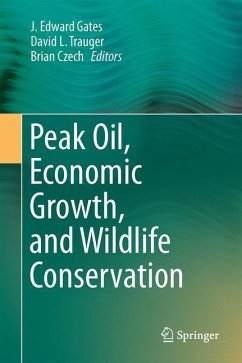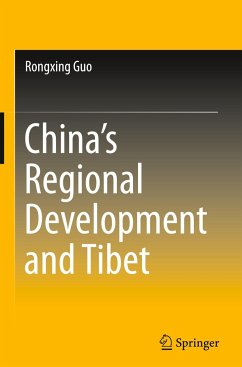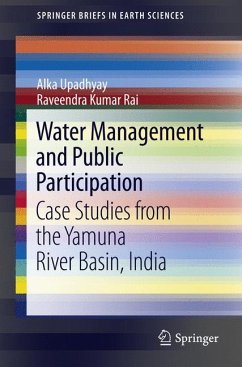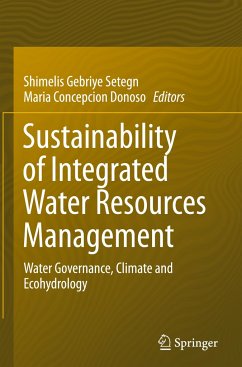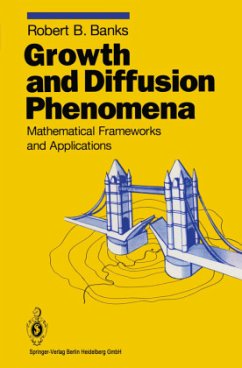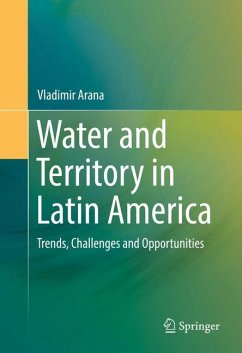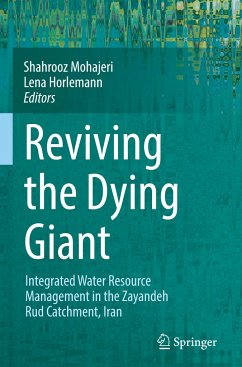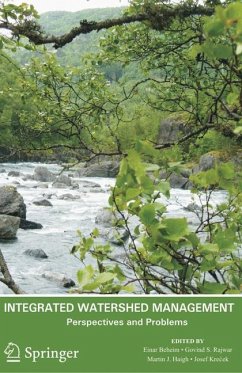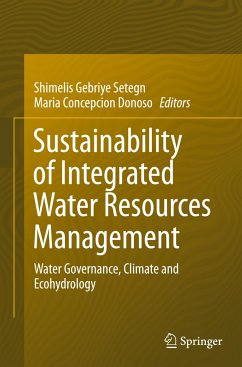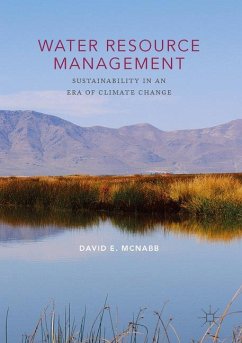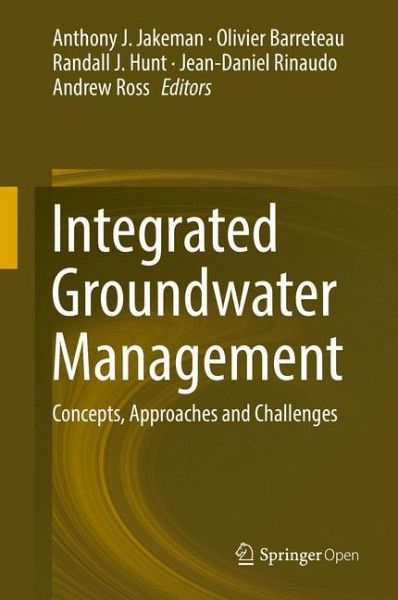
Integrated Groundwater Management
Concepts, Approaches and Challenges
Herausgegeben: Jakeman, Anthony J; Barreteau, Olivier; Hunt, Randall J; Rinaudo, Jean-Daniel; Ross, Andrew
Versandkostenfrei!
Versandfertig in 6-10 Tagen
39,99 €
inkl. MwSt.

PAYBACK Punkte
20 °P sammeln!
The aim of this book is to document for the first time the dimensions and requirements of effective integrated groundwater management (IGM). Groundwater management is a formidable challenge, one that remains one of humanity's foremost priorities. It has become a largely non-renewable resource that is overexploited in many parts of the world. In the 21st century, the issue moves from how to simply obtain the water we need to how we manage it sustainably for future generations, future economies, and future ecosystems. The focus then becomes one of understanding the drivers and current state of t...
The aim of this book is to document for the first time the dimensions and requirements of effective integrated groundwater management (IGM). Groundwater management is a formidable challenge, one that remains one of humanity's foremost priorities. It has become a largely non-renewable resource that is overexploited in many parts of the world. In the 21st century, the issue moves from how to simply obtain the water we need to how we manage it sustainably for future generations, future economies, and future ecosystems. The focus then becomes one of understanding the drivers and current state of the groundwater resource, and restoring equilibrium to at-risk aquifers. Many interrelated dimensions, however, come to bear when trying to manage groundwater effectively. An integrated approach to groundwater necessarily involves many factors beyond the aquifer itself, such as surface water, water use, water quality, and ecohydrology. Moreover, the science by itself canonly define the fundamental bounds of what is possible; effective IGM must also engage the wider community of stakeholders to develop and support policy and other socioeconomic tools needed to realize effective IGM.
In order to demonstrate IGM, this book covers theory and principles, embracing: 1) an overview of the dimensions and requirements of groundwater management from an international perspective; 2) the scale of groundwater issues internationally and its links with other sectors, principally energy and climate change; 3) groundwater governance with regard to principles, instruments and institutions available for IGM; 4) biophysical constraints and the capacity and role of hydroecological and hydrogeological science including water quality concerns; and 5) necessary tools including models, data infrastructures, decision support systems and the management of uncertainty. Examples of effective, and failed, IGM are given. Throughout, the importance of the socioeconomic context that connects all effective IGM is emphasized. Taken as a whole, this work relates the many facets of effective IGM, from the catchment to global perspective.
In order to demonstrate IGM, this book covers theory and principles, embracing: 1) an overview of the dimensions and requirements of groundwater management from an international perspective; 2) the scale of groundwater issues internationally and its links with other sectors, principally energy and climate change; 3) groundwater governance with regard to principles, instruments and institutions available for IGM; 4) biophysical constraints and the capacity and role of hydroecological and hydrogeological science including water quality concerns; and 5) necessary tools including models, data infrastructures, decision support systems and the management of uncertainty. Examples of effective, and failed, IGM are given. Throughout, the importance of the socioeconomic context that connects all effective IGM is emphasized. Taken as a whole, this work relates the many facets of effective IGM, from the catchment to global perspective.



